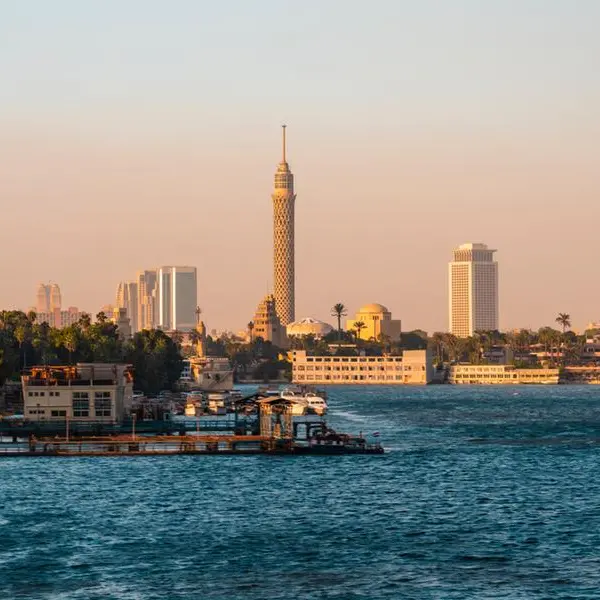PHOTO
Bahrain - Economic relations between Bahrain and Guernsey have been steadily expanding, with BD143 million in mutual capital exchanged between the two economies annually.
The growing financial relationship reflects Bahrain’s strategic efforts to strengthen international trade and investment partnerships, particularly in tax co-operation and financial transparency, the Shura Council heard yesterday.
Bahrain’s diplomatic engagement with Guernsey is conducted through Bahrain’s embassy in the UK.
Guernsey is one of the Channel Islands in the English Channel near the French coast, and is a self-governing British Crown dependency. Saudi Arabia had previously signed a tax treaty with Guernsey, aimed at eliminating double taxation on income and preventing tax evasion and avoidance.
Bahrain is following a similar path, reinforcing its commitment to global financial integrity and investment-friendly policies.
Shura Council members yesterday unanimously approved the Guernsey taxation agreement and referred it to His Majesty King Hamad for ratification.
According to Shura’s foreign affairs, defence and national security committee rapporteur Abdulla Al Nuaimi, the agreement ensures that income and capital are not taxed twice in Bahrain and Guernsey, which encourages cross-border trade and investment.
“Bahrain currently has 48 double taxation avoidance agreements (DTAAs) in effect with various countries worldwide,” said Mr Al Nuaimi.
“These are designed to reduce tax barriers and enhance the flow of capital between Bahrain and its global economic partners.
“By removing tax-related obstacles, the agreement with Guernsey is expected to boost mutual investment opportunities.
“Businesses and individuals from both jurisdictions can now invest with greater confidence, knowing they will not face double taxation on their income.”
Mr Al Nuaimi pointed out that this move is aligned with Bahrain’s broader strategy to establish itself as a leading financial and investment hub in the region.
“By fostering strong financial relationships with jurisdictions like Guernsey, Bahrain strengthens its position as a gateway for international investors looking to access Middle Eastern and global markets,” he said.
“The agreement allows for greater capital inflows into Bahrain, enhancing local economic growth and job creation. With BD143m already in mutual capital between the two economies annually, this agreement is expected to further accelerate financial co-operation and trade.”
Mr Al Nuaimi said the Bahrain-Guernsey tax treaty marks a significant step in deepening financial and investment ties between the two economies.
“By eliminating double taxation, enhancing transparency, and facilitating capital flows, the agreement is set to unlock new opportunities for businesses and investors alike,” he said during the weekly session.
Meanwhile, Bahrain and Hungary have taken a significant step towards strengthening their economic partnership with the Shura Council giving a unanimous go-ahead to an Investment Protection and Encouragement Agreement.
Foreign affairs, defence and national security rapporteur Nancy Khadoury said such agreements provide legal protection for investors, a crucial factor when considering entry into new markets.
“This move will boost capital inflows into the country and create more job opportunities for Bahrainis,” she said.
“It also benefits Bahraini investors seeking opportunities in Hungary, a country known for its technology and innovation-driven industries.”
Ms Khadoury said it also supports the government’s broader goals of expanding Bahrain’s international investment footprint.
“A key advantage of this agreement is that it does not impose direct financial obligations on Bahrain,” said Ms Khadoury. “Instead, it provides a structured framework that ensures fair treatment for investors from both nations, reducing risks and enhancing business confidence.”
Copyright 2022 Al Hilal Publishing and Marketing Group Provided by SyndiGate Media Inc. (Syndigate.info).



















